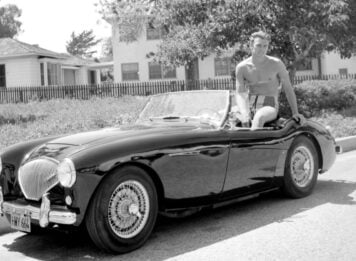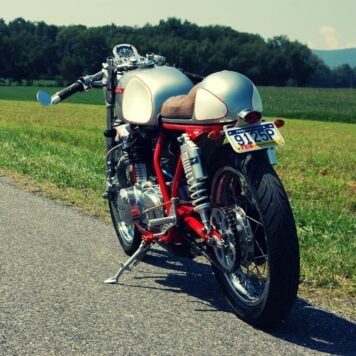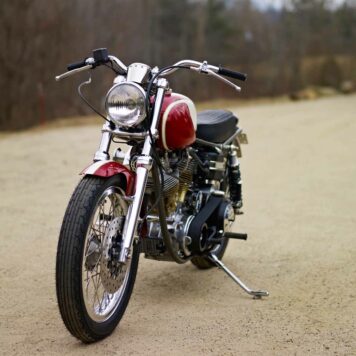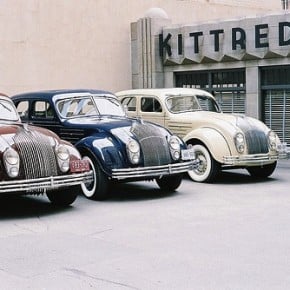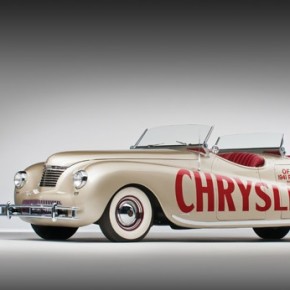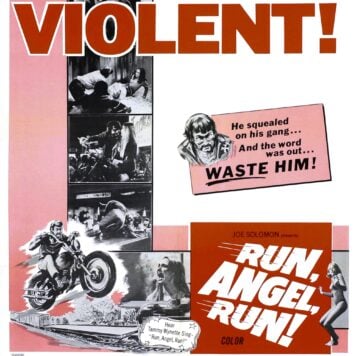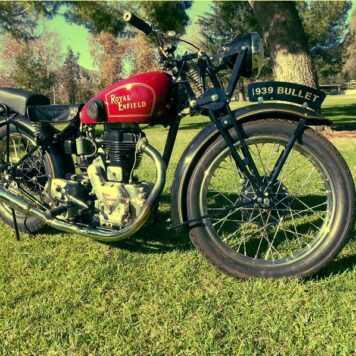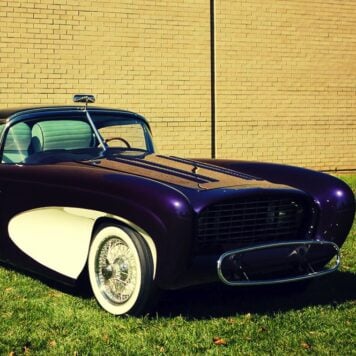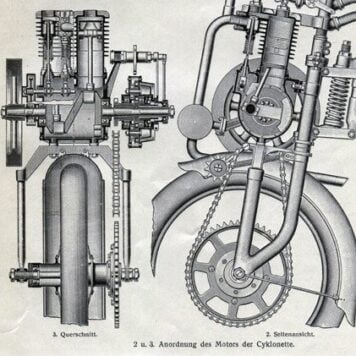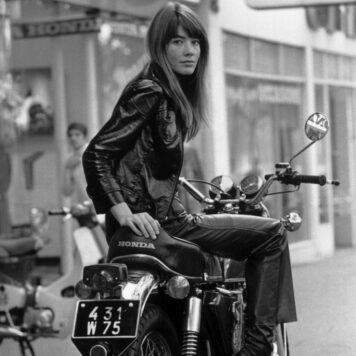Ben Branch
January 21, 2012
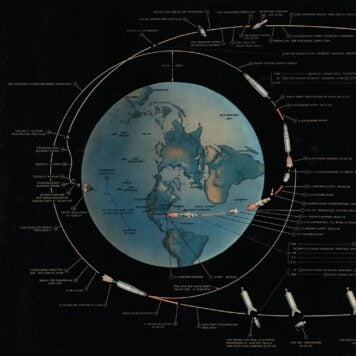
This beautiful, historical infographic-of-sorts was designed by NASA in 1967 to give the general public a better idea of what the Apollo 11 mission was actually going to do, from lift off to lunar landing to splash down in the Pacific.
Read More
Ben Branch
January 20, 2012
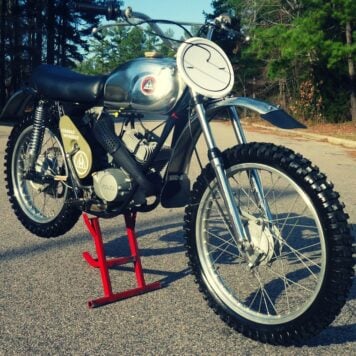
The Hodaka company was a joint American/Japanese company founded in the 1960’s, they were largely credited with creating the trail bike niche and kicking off…
Read More
Ben Branch
January 20, 2012

The Austin Healey is a bit of an unusual choice for a Hollywood star, in the 60’s E-Types were exceedingly popular amongst the celluloid elite, as were Ferraris and drop top Mercedes.
Read More
Ben Branch
January 19, 2012

It’s always great to discover an amateur builder who’s talent is easily on par with the larger custom motorcycle garages, Seth Hensler is a stand-out example of this breed of home-based vintage café racer builder.
Read More
Ben Branch
January 18, 2012

When it comes to custom motorcycles, you’ll be hard pressed to find a more talented builder than Walt Siegl. With a rare blend of aesthetic sensibility and technical capability, the motorcycles he creates always create significant fan fare when they roll out of his humble workshop.
Read More
Ben Branch
January 17, 2012

The Chrysler Airflow was a revolutionary though ultimately unpopular car, it was introduced in 1934 and was the first mass-produced car to be developed with wind-tunnel testing, overseen by none other than Orville Wright.
Read More
Ben Branch
January 16, 2012

In 1941 Chrysler built 5 Newport Dual Cowl Phaetons, ostensibly as concept cars, however the intended future for the cars was never really made clear by Chrysler due to the onset of World War 2.
Read More
Ben Branch
January 15, 2012

This innovate biker chase from the film Run Angel Run is almost a quintessential example of late-60’s early-70’s cinema.
Read More
Ben Branch
January 14, 2012

This 1939 Royal Enfield 350 has seen it’s share of the world, it was built in 1939 for military use though sadly exactly what it saw and where it went during World War II is unknown.
Read More
Ben Branch
January 13, 2012

The Flajole Forerunner is a concept car originally shown in 1955, it was designed by Bill Flajole as his interpretation of what the future of the automobile was set to be. And he wasn’t all that wrong.
Read More
Ben Branch
January 13, 2012

Moto art is, more often than not, terrible. I’m speaking in broad strokes here and mostly about the mass-produced pictures of plastic women draped across unrideable chrome choppers.
Read More
Ben Branch
January 11, 2012

Françoise Hardy was an iconic figure during the ’60s and ’70s, her music influenced millions including the likes of Bob Dylan and her effortless style heavily affected the fashion industry of the era. In some respects she was France’s answer to Audrey Hepburn, although arguably Hardy’s influence stretched further.
Read More



